Description
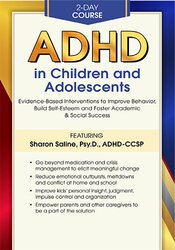
- Faculty:
- Sharon Saline, PsyD.
- Duration:
- 12 Hours 21 Minutes
- Format:
- Audio and Video
- Copyright:
- Jun 17, 2019
- Reduce meltdowns and conflicts at home and school
- Improve kids’ personal insight, judgment, impulse control and organization
- Create a family-centered plan that the client will buy into
- Address the shame, stress and anxiety that often accompany ADHD
- Empower parents and other caregivers to be a part of the solution
- Includes the client in the process of change to improve success rates
- Builds self-esteem through strength-based thinking and acquisition of skills
- Normalizes challenges related to living with ADHD – for kids and parent
- Fosters self-acceptance through biology-based information
- How to obtain an accurate diagnosis
- The neurobiology of ADHD, including the impact of trauma
- Co-Occurring disorders: Is it ADHD and/or something else?
- ODD, anxiety, OCD, learning disability, autism
- Factors to consider:
- Environmental influences, quality of sleep, video games/social media
- Current population trends in co-existing disorders
- Techniques for differential diagnosis
- Individual vs. group therapy
- How to engage the family in treatment
- Limitations of the research and potential risks
- What are executive functioning skills?
- How to identify EF strengths and weaknesses
- Effective methods for improving EF skills
- Tools for uncovering family patterns related to EF skills
- Pros and cons of using medication to treat ADHD
- How medications work: Stimulants and non-stimulants
- Provide effective psychoeducation to clients about medication
- Non-compliance: How to respond
- Efficacy of common medication alternatives
- Teaching Self-Control for parents and kids
- When Compassion is more than empathy
- How Collaboration fosters essential buy-in
- Consistency means steadiness, not perfection
- Celebration encourages effort
- Effective strategies to:
- Avoid homework hassles
- Manage emotional outbursts
- Reduce meltdowns
- Improve sibling relationships
- Create routines and lists that help things run smoother
- Getting things done: Improve motivation
- Techniques for working with tired, dispirited adults
- Why school is the hardest domain of functioning
- Classroom interventions that facilitate learning and self-confidence
- Parent advocacy vs. interference (and what to do about it)
- Create effective parent-school alliances
- Strategies for teaching executive functioning skills related to academics
- Tools to improve peer relationships
- Techniques to help kids handle frustration and failure
- Tools for developing self-acceptance
- Strategies to address underlying shame, anxiety and low-self-esteem
- Help kids accept their ADHD brains—strengths and challenges
- Tips to navigate setbacks and refusal to participate
- Identify risk factors unique to teens with ADHD
- Why nicotine, vaping and marijuana are so appealing and how to curb their use
- Early and active sexuality: Help teens make healthy, safe choices
- Vulnerability to bullying: Generate appropriate clinical, parental and school responses
- How today’s technology impacts the developing ADHD brain
- The effect of social media on distractibility, self-esteem and peer relationships
- Tips for fostering safe online practices
- Gaming: Fun or an addiction?
Sharon Saline – 2-Day Course: ADHD in Children and Adolescents: Evidence-Based Interventions to Improve Behavior, Build Self-Esteem and Foster Academic & Social Success
Description
Behavior charts, social skills training, positive reinforcement, behavior contracts, rewards and consequences … you’ve tried everything to make progress with a child or adolescent diagnosed with ADHD with little persistent success. Gains made in therapy or the classroom seem to be short-lived, leaving you feeling frustrated and ineffective.
You need a new approach – one that gets to the root of the problem to create meaningful change!
Watch ADHD expert Dr. Sharon Saline in this intensive course recording packed with practical tools and techniques you can use immediately with children, adolescents and their families to improve behavior, gain cooperation and repair relationships. Using a strength-based, collaborative approach that synthesizes neurobiology, behavior and emotion, you can create effective, powerful interventions for kids and families that go far beyond medication and crisis management.
Your toolbox will be overflowing with concrete, practical strategies that:
Don’t miss this unique opportunity to transform your perspective and everyday approach with children and adolescents with ADHD!
Handouts
| Manual – 2-Day Course: ADHD in Children and Adolescents: Evidence-Based Interventions to Improve Behavior, Build Self-Esteem and Foster Academic & Social Success (10.5 MB) | 124 Pages | Available after Purchase |
| Instructions for ASHA Credit – SELF STUDY ONLY – 06/17&18/19 (0.03 MB) | Available after Purchase |
Outline
Why an Integrative, Collaborative Approach to ADHD?
Assessment and Treatment Planning
The Critical Role of Executive Functioning (EF) in ADHD Treatment
The Medication Debate: What Every Professional Needs to Know
The 5C’s Approach: Empower Kids for Success in School and Life
ADHD at Home: Help Families Reduce Conflict and Stay Connected
ADHD at School: Boost Academic and Social Success
ADHD in Therapy: Build Trust, Increase Awareness and Bolster Self-Esteem
The ADHD Teen: Risky Behaviors and Special Considerations
Technology and ADHD
Faculty

Sharon Saline PsyD., Psy.D. Related seminars and products: 4
Psychologist-Clinical
Sharon Saline, PsyD., ADHD-CCSP, a licensed clinical psychologist in private practice, is a top expert in how ADHD, learning disabilities, and mental health issues affect children, teens, and families. Dr. Saline has worked extensively with schools on mental health issues in the classroom, interpreting psychological evaluations and improving teacher/parent communication. Her unique perspective, a sibling of a child who wrestled with untreated ADHD, combined with decades of academic excellence and clinical experience, assists her in guiding families as they navigate from the confusing maze of diagnoses and conflict to successful interventions and connections.
Dr. Saline funnels her expertise into her book, What Your ADHD Child Wishes You Knew: Working Together to Empower Kids for Success in School and Life. Heralded as an invaluable resource, her book is the recipient of two awards: Best Book Awards winner by American Book Fest and the Gold Medal from Moms’ Choice Awards. She recently published The ADHD Solution Deck (PESI, 2020).
As an international lecturer and workshop facilitator, Dr. Saline combines psychology with her love of theatre to animatedly present on a variety of topics from understanding ADHD, executive functioning and anxiety in children and teens to working with different kinds of learners and raising digital citizens. Dr. Saline is a regular contributor to ADDitudemag.com and PsychologyToday.com, a featured expert on MASS Appeal on WWLP-TV and a part-time lecturer at the Smith School for Social Work. For more information on Dr. Saline, please visit drsharonsaline.com or @DrSharonSaline (Twitter, Facebook, Instagram).
Speaker Disclosures:
Financial: Sharon Saline maintains a private practice. She is a lecturer at Smith College School for Social Work. Dr. Saline receives a speaking honorarium from PESI, Inc.
Non-financial: Sharon Saline is a member of the American Psychological Association; the Massachusetts Psychological Association; Children and Adults with ADHD (CHADD); and Attention Deficit Disorder Association (ADDA).
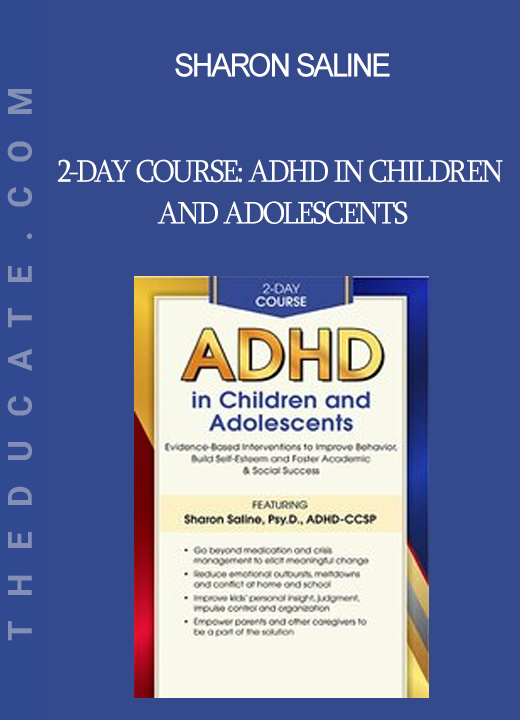

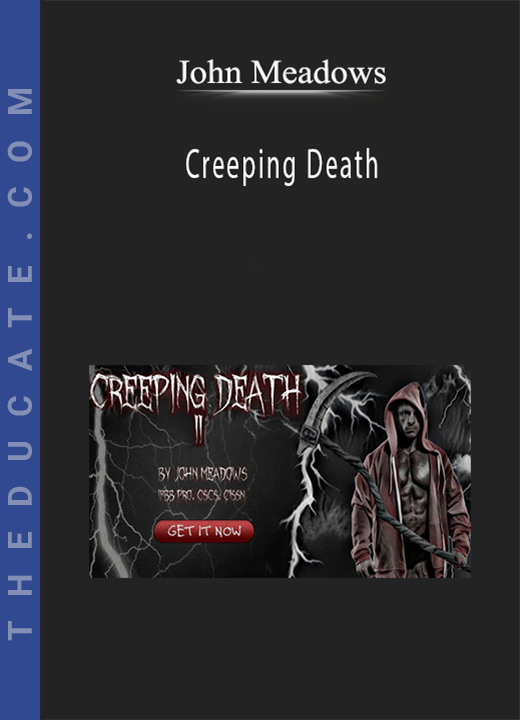
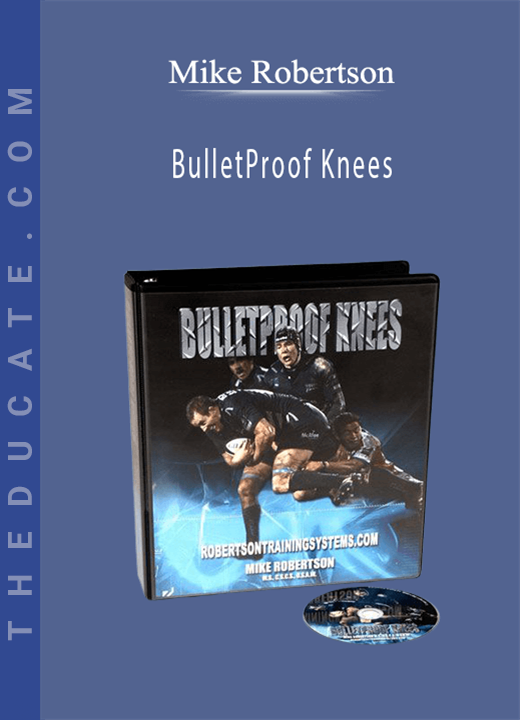
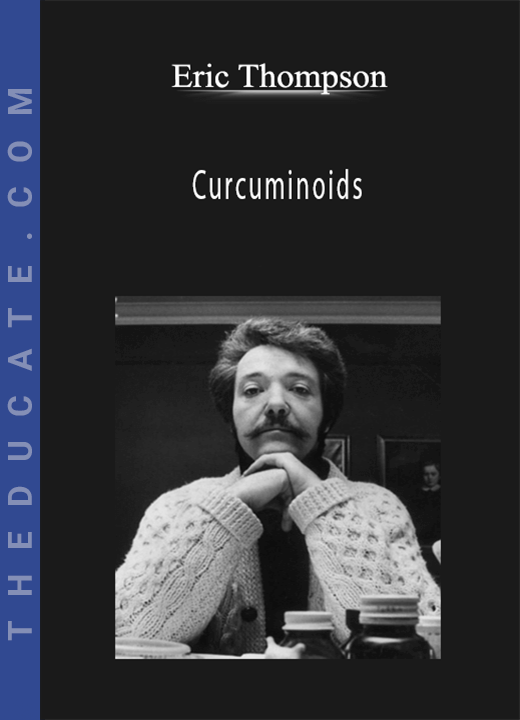
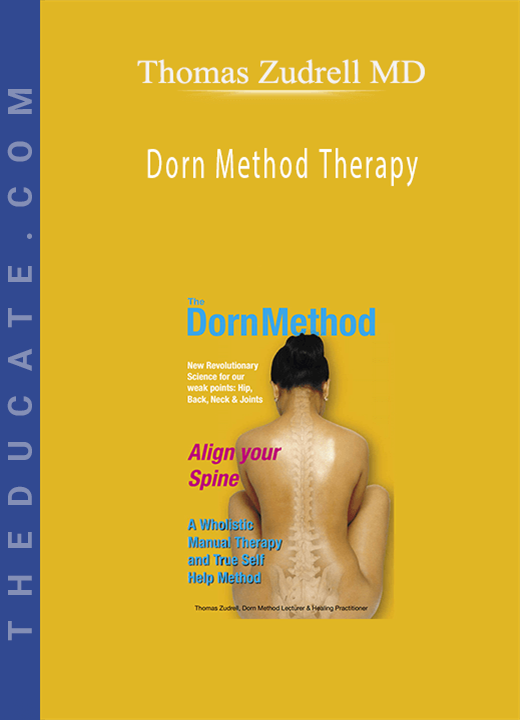
Reviews
There are no reviews yet.